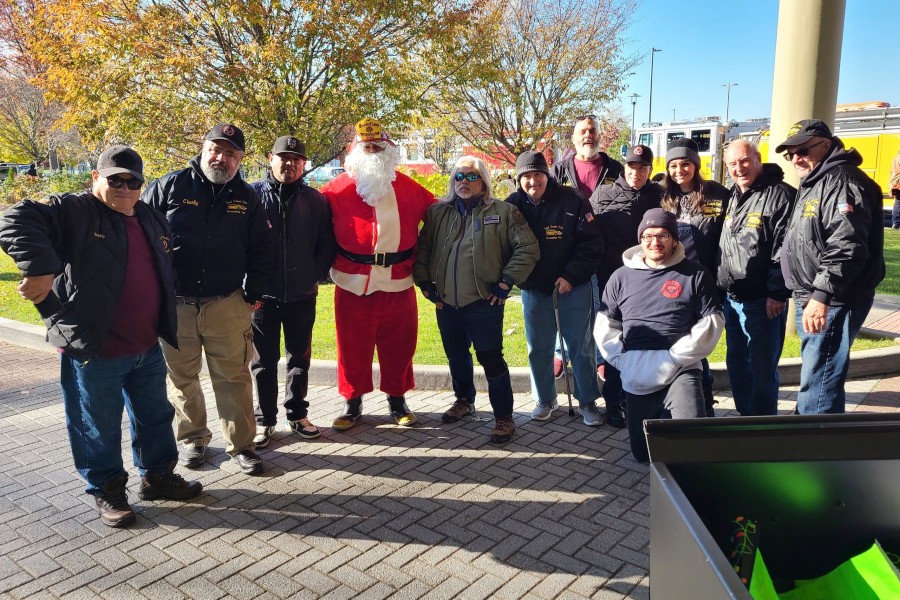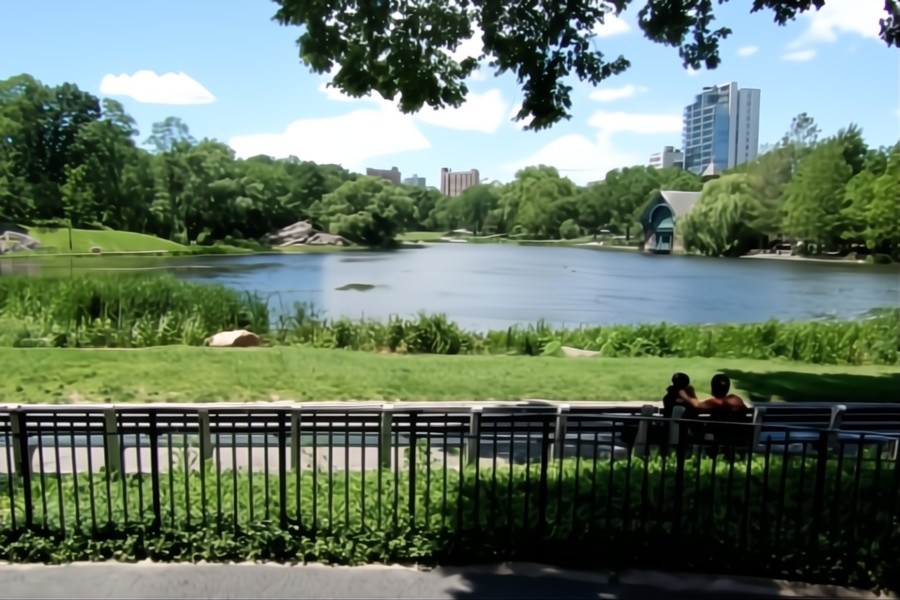
By Iovanni Romarion
Monday’s storm in Washington Heights showed NYC yet again how unprepared our neighborhoods are for intense rainfall and other climate-induced extreme weather.
There were pools of water at crosswalks with nowhere to drain. When I got home from work at 5 pm to my basement apartment, I found my mother emptying the water seeping into our entrance, a familiar task which she had been at for almost 3 hours. I waited outside until the water at the door drained enough so that I could jump over the steps to get inside my home. This happens to me each time we have a massive storm. Hurricanes and tropical storms are the worst, but even a heavy rainstorm like the one we had on Monday floods my home and other parts of my neighborhood.
As climate change causes irreversible and increasing damage to our communities, what are New Yorkers in living situations like me supposed to do? Just get used to it and hope the next storm isn’t as strong? With Monday’s summer storm we experienced flooding in many locations throughout Northern Manhattan. Due to the poor sanitation management in some areas, trash and debris are more likely to pile up on the streets, which can back up our sewage system during storms. Furthermore, the bacteria from waste can enter runoff water and impact the health and well-being of our local ecosystems and vegetation. While our city needs improved infrastructure, trash matters too. With intensified climate change and more massive storms, one simple fix is to help unclog drains in my community so flooding can be prevented so our streets are cleaner, and garbage doesn’t clog drains.
When I think about environmental and climate justice, I think about the long history of resistance, transformation, and youth leadership. Specifically, I think about the garbage fires of freedom led by the Young Lords in response to the overflow of trash in the streets of El Barrio – East Harlem. I also think about my work with The Clean Air Green Corridor initiative a student at the Washington Heights Expeditionary Learning School (WHEELS).
The Clean Air Green Corridor is a youth-led initiative supported by Futures Ignite to empower Black and Brown high school youth to reimagine and reclaim public spaces such as streets and sidewalks. We are working to transform these spaces into hubs for building community power, healing, climate change resilience, and grassroots action in Washington Heights.
Keeping our streets of Washington Heights clean is a climate justice issue. I know that with the impacts of climate change, severe storms will increase and disproportionately impact marginalized communities in flood zones, like parts of my community. According to the Rainfall Ready NYC Action Plan, “New Yorkers can expect rainfall volumes and intensities that our city’s infrastructure was not designed to capture.” Since low-income neighborhoods of color like Washington Heights and Dyckman have less green infrastructure in comparison to more affluent neighborhoods, residents of these neighborhoods must contend with the most severe effects of climate change. Put simply: if the city does not invest in my community’s environment, my family’s home will deteriorate.
Keeping our streets clean is also a racial justice issue. I have lived east of Broadway my whole life, a predominantly low-income, Latinx, immigrant, mixed status, and Spanish-speaking community where asthma rates are high.
The conditions, cleanliness, and access to sanitation services for our streets do not compare to that west of Broadway, where the population is less dense, more affluent, and predominantly white.
I applaud the efforts of our NYC Council Member Carmen De La Rosa, Senator Robert Jackson, and neighbors in Washington Heights coming together to lead and advocate for community clean-ups. At the heart, community clean-ups recognize that people are connected to our streets because they are the center of where we live, work, play, pray, and learn. As we continue to emerge from COVID and prepare for increasingly harmful impacts of climate change, I hope that the city responds to our community’s need for a cleaner, greener environment and invests in valuable green infrastructure projects like our Clean Air Green Corridor, improving environmental infrastructure while connecting six schools and thousands of community residents to open, green space along 182nd street. I also hope that this moment empowers members of our community to advocate for more waste management services in our neighborhood. Regardless of zip code or social and economic circumstances, we all deserve to live in a clean, healthy, thriving, and beautiful neighborhood.
Iovanni Romarion
Iovanni Romarion, is an Environmental Intern at Futures Ignite, a nonprofit dedicated to amplifying youth and community power by inspiring, guiding, and advocating for youth to identify and persist in reaching their college, career, and leadership futures.
He is a proud 2021 graduate of the Washington Heights Expeditionary Learning School (WHEELS) and a rising sophomore at the University of Chicago. He is a lifelong resident of Washington Heights.
Photo credit: Source.
Become a Harlem Insider!
By submitting this form, you are consenting to receive marketing emails from: . You can revoke your consent to receive emails at any time by using the SafeUnsubscribe® link, found at the bottom of every email. Emails are serviced by Constant Contact








